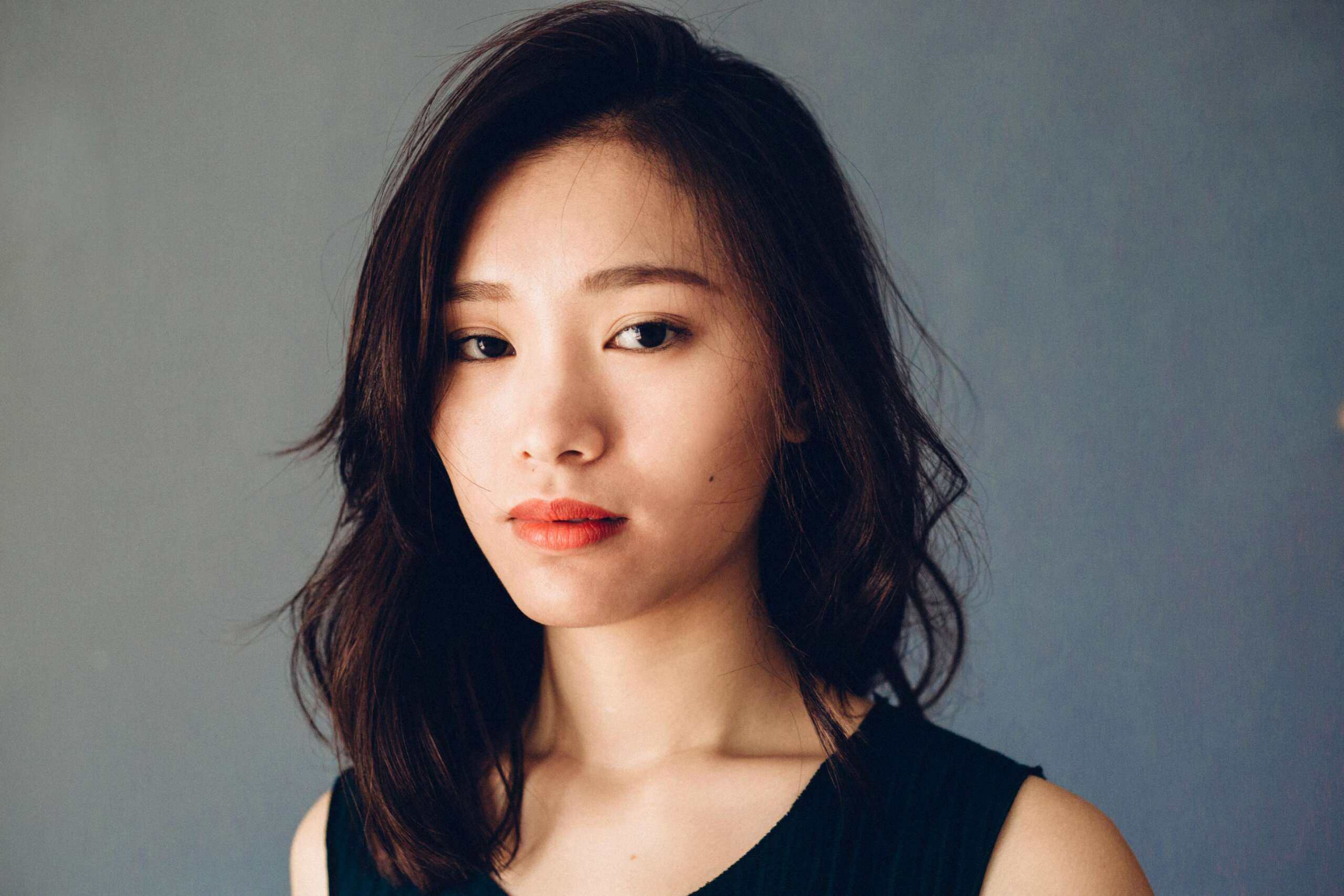We caught up with the brilliant and insightful Ya-Lan Chan a few weeks ago and have shared our conversation below.
Hi Ya-Lan , thanks for joining us today. Can you talk to us about how you learned to do what you do?
My musical journey commenced at the age of five, guided by my mother. Later, under the mentorship of my aunt, I delved into the world of violin. Though practice felt arduous in my youth, my fascination with composing burgeoned, serving as a form of mental exercise. It wasn’t until my final year of middle school that I encountered my first composition teacher. Despite lacking formal training when I first started composing, she discerned a natural flair in my harmonic language and musical expression. With her guidance, I embarked on a journey from the rudiments to the complexities of composition. She encouraged me further pursue composition, and I got into Taipei National University of the Arts with the highest score in composition major. During my time at Taipei National University of the Arts for my undergrad where I was constantly surrounded by creative individuals who helped cultivate my path in composition. I came to the United States in 2014 to pursue my master’s degree at the Manhattan School of Music, and I was immediately drawn to the city’s diversity, which made me feel very free here. After completing my master’s degree, I continued my studies in the doctoral program to deepen my research, while also teaching as a graduate fellow at the Manhattan School of Music. Now I’m a freelancer in New York, working on multiple collaborations with many amazing musicians.
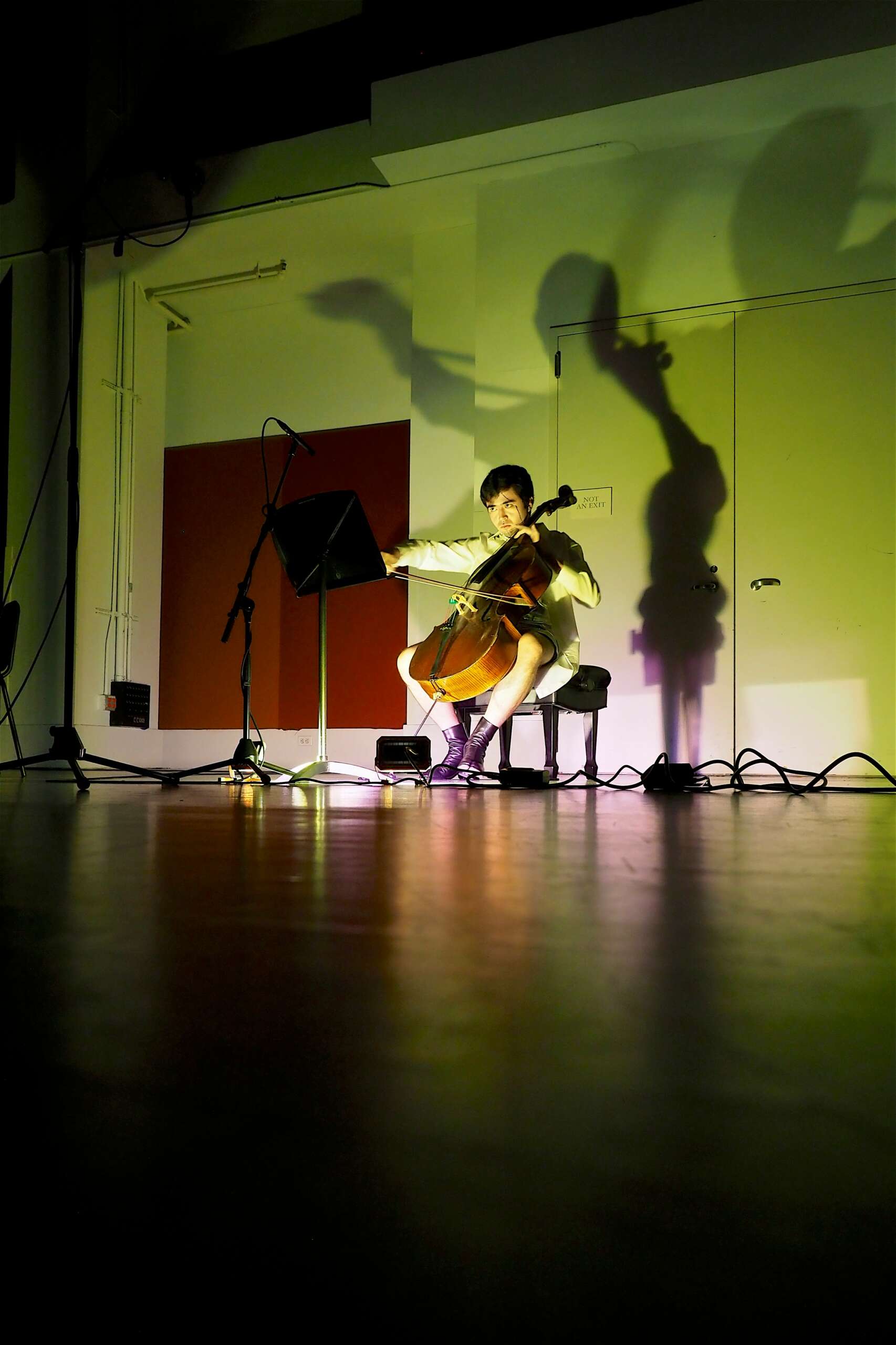
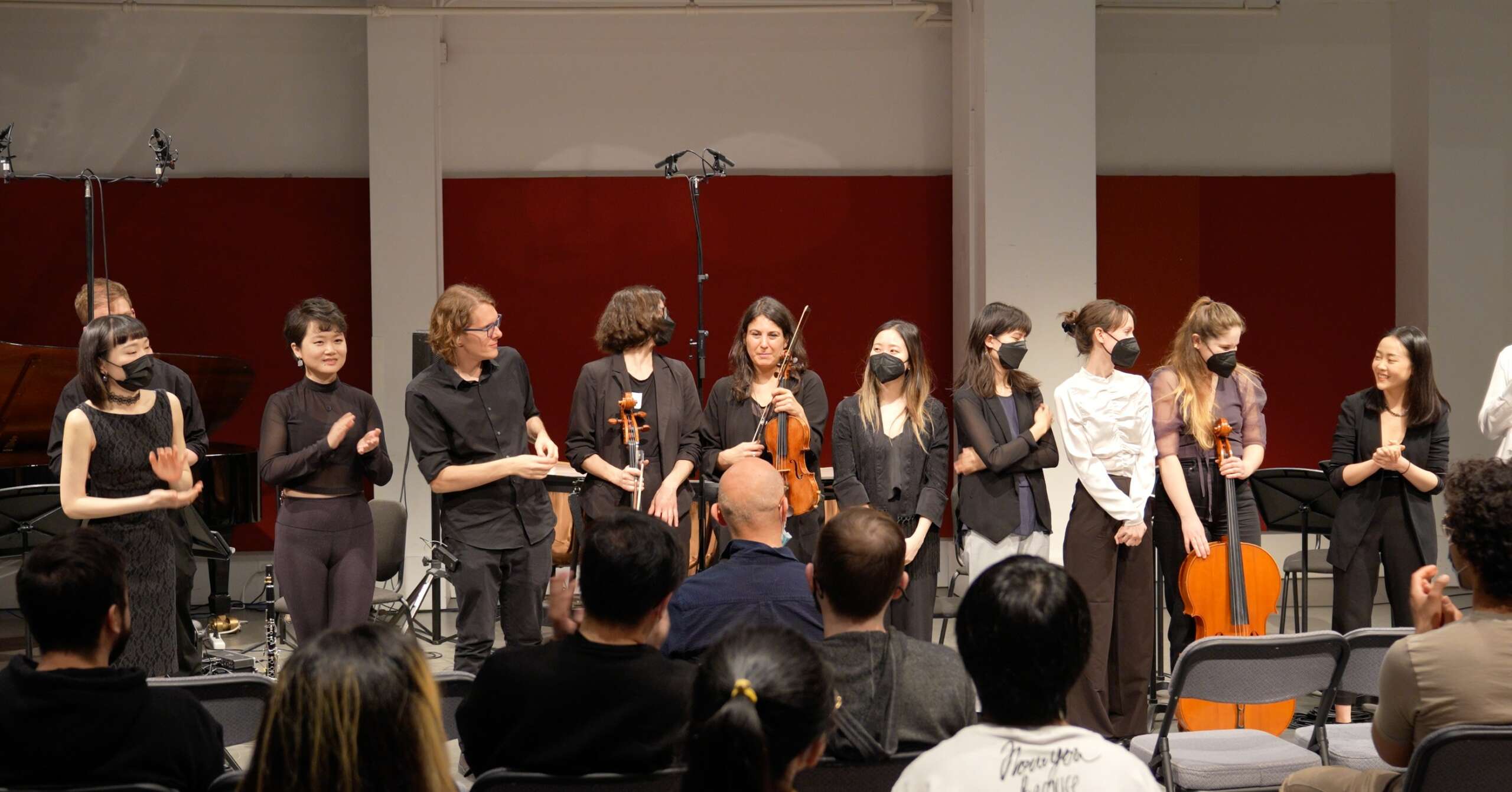
Ya-Lan , before we move on to more of these sorts of questions, can you take some time to bring our readers up to speed on you and what you do?
In recent years, my compositional explorations have gravitated towards themes involving the intricate dynamics of emotional connections amidst the intersection of humanity and technology, the nuances of interpersonal communication, and the subtle yet profound influences of culture on our subconscious. In one of my orchestral pieces titled “Approvisor,” I embarked on a fascinating exploration of the profound impact of the ubiquitous cell phone ringtone on the human psyche. Intended as a light-hearted joke about the omnipresence of technology in our lives, the piece humorously addresses the common occurrence of cell phones ringing during live performances. I ingeniously incorporated the actual sound of a cell phone ringtone into the composition. During the performance, two performers stationed within the audience engaged with their cell phones, while percussionists within the orchestra skillfully replicated the sounds, creating a captivating illusion. Through this creative endeavor, “Approvisor” delves into the delicate interplay between individuality and collective consciousness, inviting listeners to ponder the evolving relationship between humanity and technology in our modern world. In my more recent large percussion ensemble piece, “Umbra,” commissioned by the Manhattan School of Music Percussion Ensemble, I employed musical frequencies as a symbolic representation of individual language, fostering dynamic conversations among performers. Within this composition, I ingeniously integrated a section featuring resonant rumblings, strategically designed to reverberate through the concert hall, immersing the audience in a visceral sonic experience.

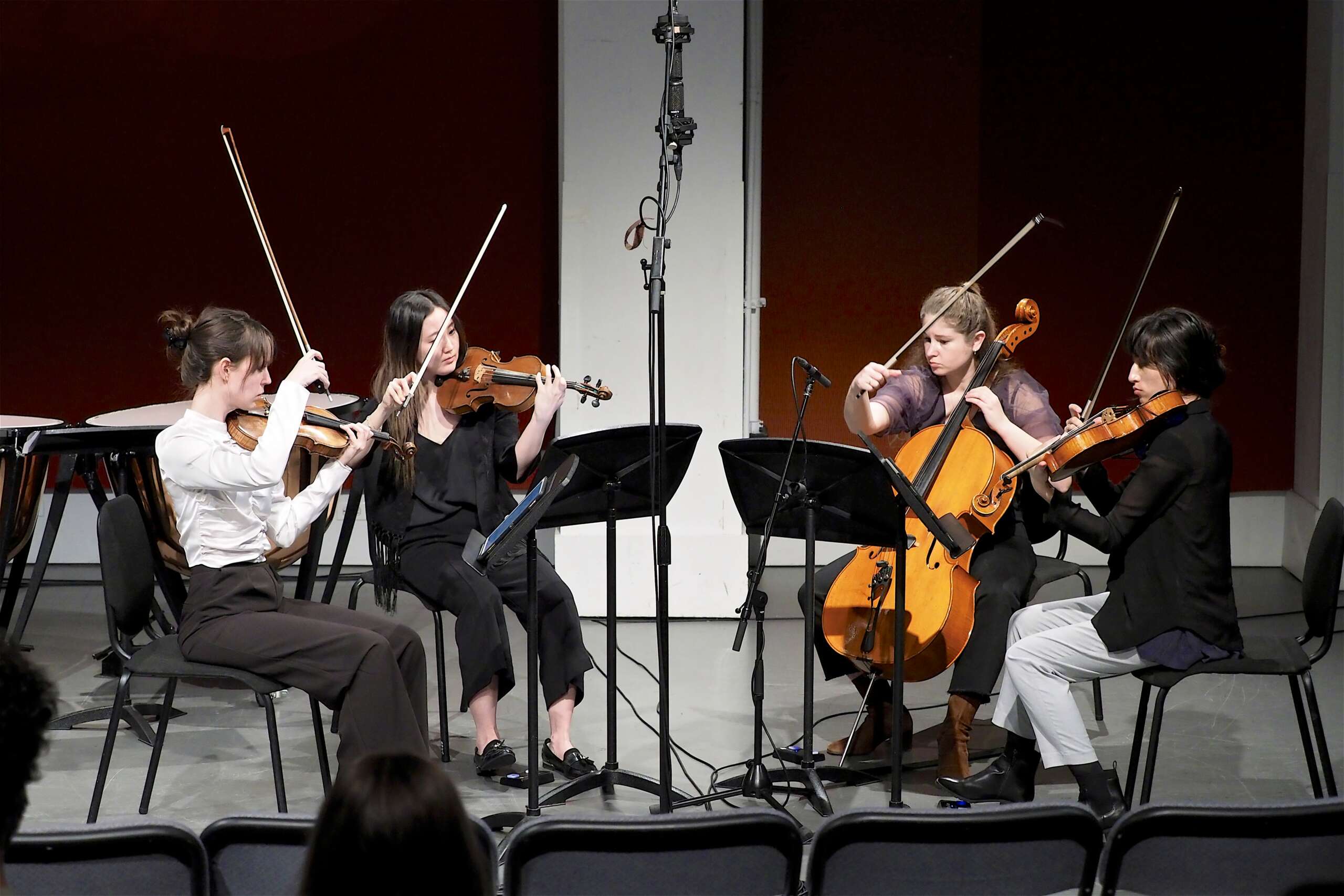
What do you find most rewarding about being a creative?
There are two integral parts to my creative process: collaboration with fellow musicians and the profound connection with my audiences. Composing, inherently solitary, sometimes leads me down a rabbit hole of ideas. That’s why I cherish the brainstorming sessions with musicians, where their diverse perspectives and intimate relationships with their instruments breathe life into my compositions. Together, we explore various possibilities, enriching the music with our collective insights. However, the true magic unfolds when the meticulously crafted score transcends the page and transforms into sound through the musicians’ interpretation, shaping the piece into its final form.
Equally rewarding is the feedback from the audience. Their perspectives and reactions after a concert provide invaluable insights into the impact of my work. When they share their enjoyment or insights, it reaffirms my belief that music is a powerful force that unites people. Through these interactions, I am reminded of the immense potential of music to foster understanding and connection, enriching our perception of the world.
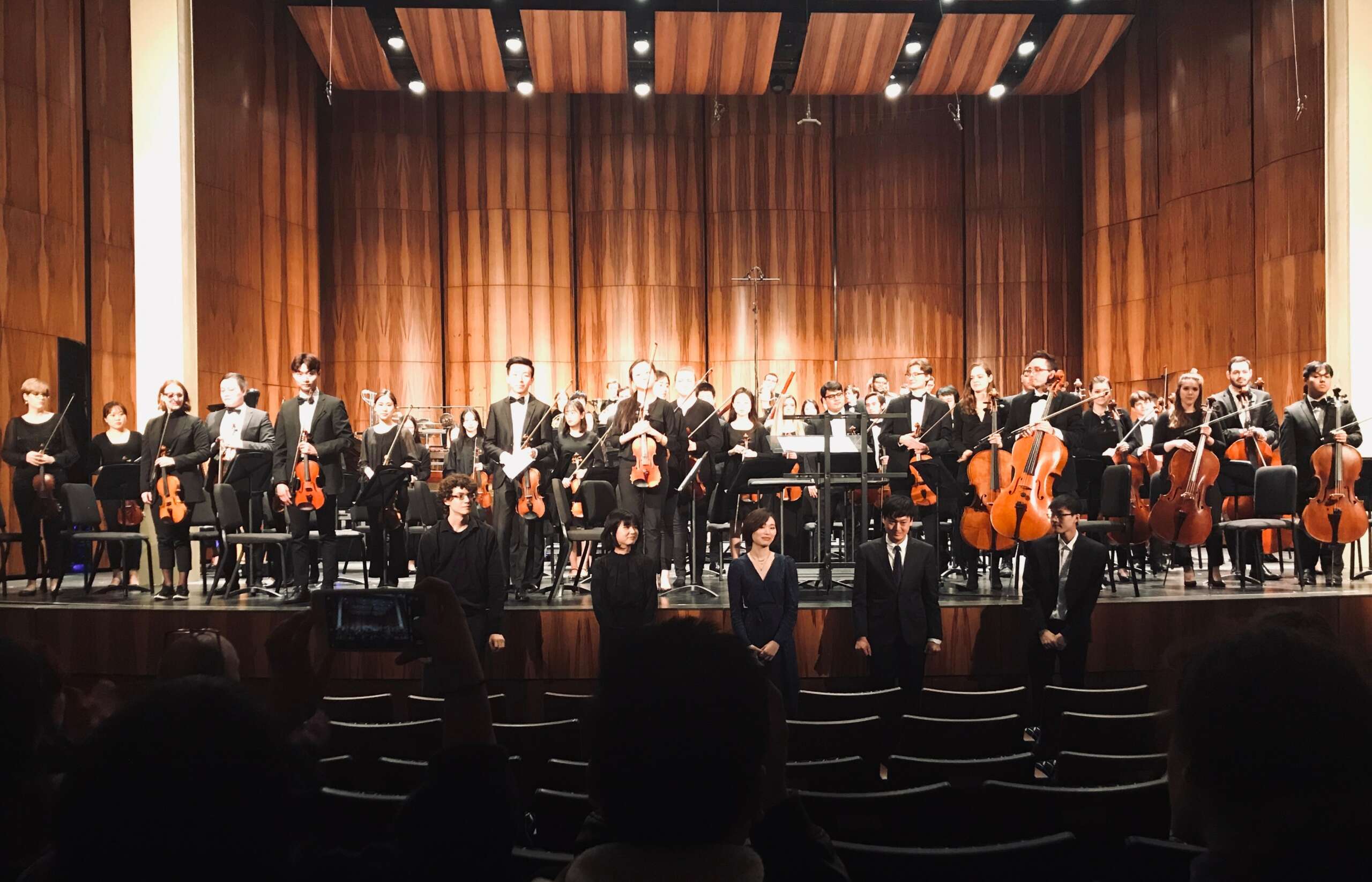
Is there something you think non-creatives will struggle to understand about your journey as a creative?
As a composer, I find myself engaged in a perpetual struggle as I relentlessly pursue authentic expression through a myriad of musical forms and gestures. While it’s tempting to adhere to a central idea, dedicating years to its exploration and producing related works, there inevitably comes a point where one must evolve, transcending the confines of familiarity. I often reflect on the trajectory of great composers like Stravinsky, who navigated through distinct phases in their artistic journey. Despite the monumental success of his ballets, Stravinsky exhibited a remarkable capacity for reinvention, continually embracing new stylistic approaches. It’s a testament to the ever-evolving nature of creativity; a ceaseless quest that persists beyond the attainment of any singular “best-selling” composition.
In essence, composing is a lifelong adventure with perpetual innovation and a willingness to venture into uncharted territories. It’s a journey marked by the courage to release the familiar, to relinquish the comforts of past triumphs, and to embrace the boundless possibilities that lie ahead.
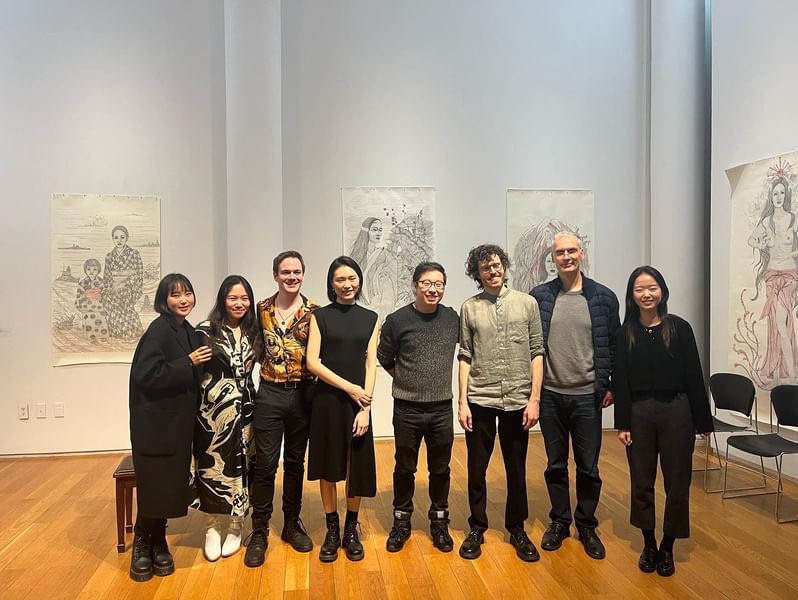
Contact Info:
- Website: https://yalanchan.wixsite.com/mysite
- Instagram: https://www.instagram.com/yalanchan79/
- Facebook: https://www.facebook.com/keira.chan.9/
- Linkedin: https://www.linkedin.com/in/ya-lan-chan-a8a5b1120/
- Youtube: https://www.youtube.com/channel/UCMAn_c54g-PMtP1RMtqcrbQ


